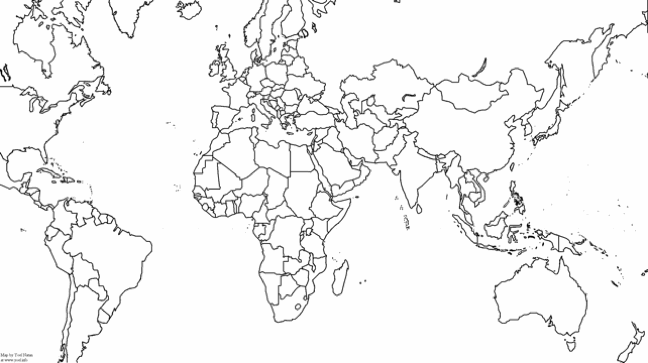-
Is ethnic nationalism a surrogate religion?
The notion of foreignness relies on a separation of ‘us’ and ‘them,’ and today’s world, it is often ethnicity and nation—two terms that are related but not necessarily coterminous—that create that us-them dichotomy. It is crucial to realize, however, that the ideas of ethnicity and nation are hardly timeless. We tend to cherish our so-called ethnic or national identities as if they are embedded in our DNA, and while there is of course nothing necessarily wrong about doing so, it is also essential to bear in mind that far from being natural, ethnic or national identities are socially constructed—and, what’s more, only socially constructed very recently. In order to understand…
-
Imagined foreignness
In our modern world, it is often the nation-state that acts as the locus from which conceptions of foreignness arise. It is to one (or more) of the 190-plus countries into which the globe has been carved up that we claim allegiance and tie our identities. Our passports, legal documents that represent our affiliation with a certain political establishment, act as reifications of our sense of belonging. We interpret the question “Where are you from?” as “Which country are you from?”, and we respond accordingly. And then, just as we use the country to which we belong as a means of identifying with people of the same nationality, we also…







